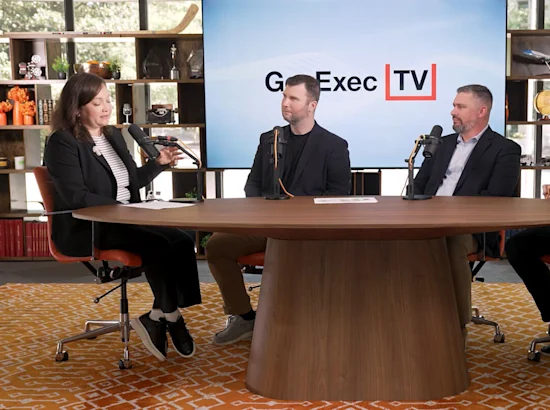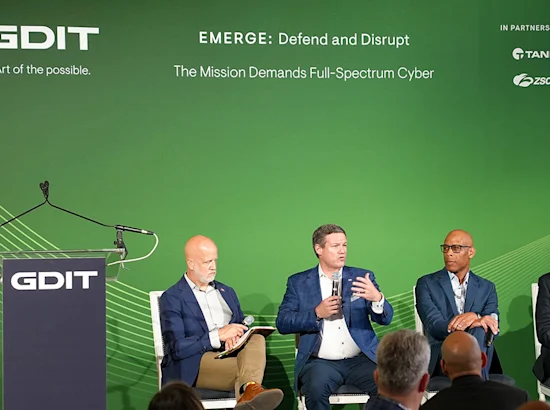Today’s cybersecurity landscape is as challenging as it’s ever been. The number and sophistication of cyber threats and adversaries is changing and increasing at an exponential rate. Having talented and cleared security experts to meet the demand of cyber threats are in short supply. Also, the skills that security specialists need to be effective are both more in-depth and broader than ever. And performing 24x7x365 monitoring is a persistent challenge.
Yet, while these challenges confront us today, there is little evidence to suggest they’ll be gone tomorrow. That’s why agencies are increasingly turning to managed security service providers, or MSSPs, to provide a standardized, proven model for cybersecurity services.
What’s a Managed Security Services Provider?
MSSPs are essentially outsourced cybersecurity services. They are a dedicated organization focused on providing cyber expertise to customers. Agencies utilizing MSSPs share the cost of services and resources, rather than paying for direct, dedicated resources for the organization, MSSPs provide 24x7x365 security operations coverage from experts who can quickly detect an issue, respond, and remediate while optimizing performance. MSSPs also provide support for agency system and organization controls audits, threat hunting, and incident response and surge support.
Delivery models vary from subscription-based to as-needed and can result in substantial cost-savings alongside a significant improvement in an agency’s security posture.
Why Do I Need One?
There are many reasons an agency may choose to use an MSSP. Cost and time savings, as mentioned above, are two big reasons. Other considerations can be just as impactful. For example, governing bodies like Defense Information Systems Agency (DISA), the Office of Management and Budget (OMB) and Cybersecurity and Infrastructure Security Agency (CISA) are now requiring agencies meet complex security strategies and compliance requirements. Large and small agencies alike struggle to adequately secure their networks and to be compliant with various new mandates and requirements. An MSSP can help.
Another reason: MSSPs free up staff to focus more directly on the mission. An MSSP can tackle an agency’s Tier 1, 2 or 3 security operations center (SOC) monitoring, for example, allowing agency staff to focus on more complex tasks, or ones that require direct attention such as threat-hunting, red team exercises, and more.
Finally, an agency can benefit from the economies of scale that MSSPs introduce. MSSPs standardize a level of response with proven people, processes, reporting and technology with agreed upon service level agreements (SLAs) to meet an organization’s objectives. Additionally, an agency can tailor their MSSP to onboard a subset of cybersecurity services, depending upon maturity and readiness.
How Can I Get Started?
Agencies looking to move to an MSSP should consider where they are with their technology stack and existing contracts. Ensuring an agency is ready to onboard both the MSSP people and technology is equally important.
MSSPs can represent a lot of change – albeit good change – and part of the process involves managing that change and navigating the perceived yet incorrect perception of losing control. In reality, in an MSSP model, an agency hands the execution of cybersecurity tasks to the MSSP, without relinquishing control.
GDIT as an MSSP currently supports more than 80 state, local, and federal agencies. Our team of more than 180 highly skilled professionals hold more than 600 certifications in cybersecurity and technology and offer clients support across everything from SOC monitoring to cyber engineering to disaster recovery to compliance to governance to risk management and more.
We help our customers achieve tremendous savings and tremendous enhancements to their overall cybersecurity posture. Partnering with our customers in this way has proven to be incredibly impactful to their missions and to their overall security posture.






